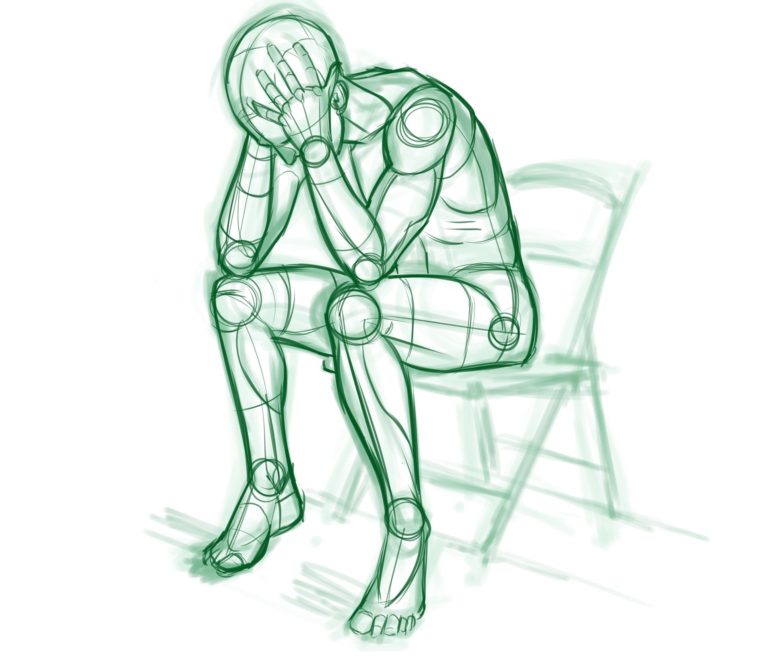If depression is making it more difficult for some unemployed people to land a job, one type of therapy may help, research suggests.
In a new study, 41% of unemployed or underemployed people undergoing cognitive behavioral therapy (CBT) found a new job or went from part- to full-time work by the end of the 16-week treatment for depression.
Those who had a job but found it difficult to focus on and accomplish work tasks because of depression said the treatment helped to significantly reduce these problems.
“For the most part, researchers have focused on showing that therapy relieves symptoms of depression,” said Daniel Strunk, co-author of the study and professor of psychology at The Ohio State University.
“But reducing symptoms isn’t the only goal people have when they start CBT. Many are hoping to find a job or improve their productivity at their current job. Here we found that therapy can help people achieve these goals, as well.”
Strunk conducted the study with Iony Ezawa and Graham Bartels, who were graduate students at Ohio State when the study was conducted. The research was published online this month in the journal Cognitive Behaviour Therapy.
This study involved 126 people who participated in a 16-week course of CBT at the Ohio State Depression Treatment and Research Clinic.
CBT teaches coping skills that help patients counteract and modify their negative beliefs, Strunk said.
“It works on the idea that people with depression invariably hold these overly negative views of themselves and their futures,” he said.
“For example, if an unemployed patient doesn’t get one job they interviewed for, they may think ‘no one is ever going to hire me.'”
In this study, 27 patients were seeking to improve their employment status (land a job or go from part- to full-time) at the beginning of treatment. Eleven of them (41%) had succeeded by the end of the 16 weeks.
“It is hard to say exactly how good this success rate is since we don’t know how many would have gotten jobs without the treatment,” Strunk said.
“But the findings were encouraging and suggest that the CBT is having an impact.”
CBT had a clear impact for those who had jobs and reported at the beginning of the treatment that depression was hurting their effectiveness.
“Working patients reported at the end of treatment that they were much more successful at concentrating and accomplishing tasks at their jobs,” he said.
Findings showed that one way CBT had this effect was by reducing patients’ “negative cognitive style,” or the extent to which patients view negative events in overly pessimistic ways, according to Strunk.
“CBT helps patients overcome these views by teaching them that the experience of depression is not their fault and that they can take steps to improve their concentration and accomplish work more successfully even when experiencing depressive symptoms,” Strunk said.
Depressed, out of work? Study suggests skills to help land a job
More information:
Iony D. Ezawa et al, Getting down to business: an examination of occupational outcomes in cognitive behavioral therapy for depression, Cognitive Behaviour Therapy (2021). DOI: 10.1080/16506073.2021.1875039
Provided by
The Ohio State University
Citation:
Depressed and out of work? Therapy may help you find a job (2021, February 22)
retrieved 23 February 2021
from https://medicalxpress.com/news/2021-02-depressed-therapy-job.html
This document is subject to copyright. Apart from any fair dealing for the purpose of private study or research, no
part may be reproduced without the written permission. The content is provided for information purposes only.



